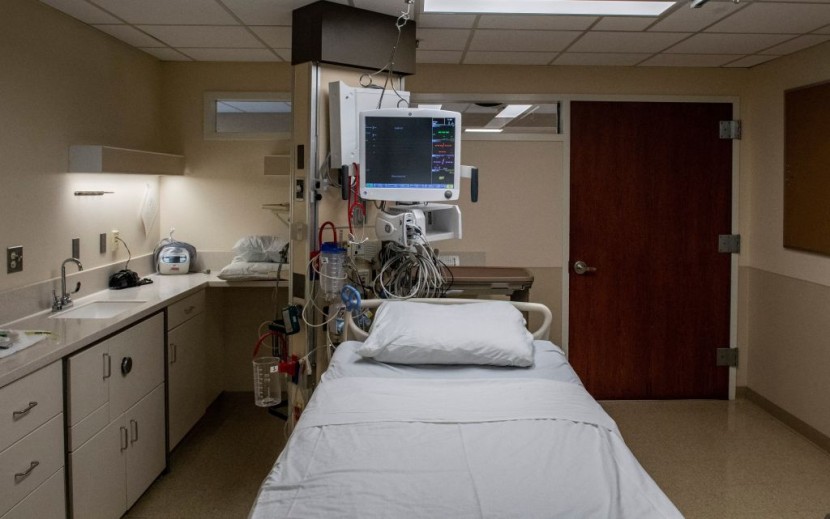
A doctor recommends people under the age of 40 get their hearts tested if they are connected to someone who died mysteriously.
It is believed that the examinations would detect signals that people are in danger of Sudden Adult Death Syndrome (SADS). SADS is an umbrella term for young individuals who die unexpectedly.
Doctors Fail To Determine Cause of Sudden Adult Death Syndrome
According to The Royal Australian College of General Practitioners, the phrase is used when a post-mortem examination cannot pinpoint an evident cause of death, and it most usually happens in those under the age of 40. According to the US-based SADS foundation, there are around 4000 SADS deaths each year, with more than half of the deaths happening in adolescents, teenagers, and young adults who presented with one of the top two warning indicators.
In accordance with news.com.au, these symptoms include a family history of SADS or sudden inexplicable death of a family member, as well as fainting or seizure following exercise or when stimulated or startled. Catherine Keane, 31, died in her sleep last year while living with two friends in Dublin. Catherine Keane's housemates were not impressed when she neglected to show up for breakfast during the height of the COVID-19 pandemic last summer.
The 31-year-old and her friends were all working from home in Dublin's Rathmines, so their timetables were less rigorous. However, by mid-morning, they were concerned and sent her a text, and when she did not respond, they investigated her room, according to the Irish Mirror.
Catherine had died during the night, they discovered. It was eventually found that she died as a result of Sudden Adult Death Syndrome (SADS). The Baker Heart and Diabetes Institute in Melbourne is now working on the country's first SADS registry. Dr. Elizabeth Paratz, a cardiologist and researcher, lauded the register for combining ambulance, hospital, and forensic data. The cardiologist recognizes that combating SADS through genetic screening is difficult because scientists are unsure which gene is to blame, Ladbible reported.
Sudden Adult Death Theory
SADS was first observed in 1977; nevertheless, in June 2022, an internet conspiracy theory claimed that a spike in SADS in young people was connected to the COVID-19 vaccination. The conspiracy persisted in 2022, fueled mostly by the anti-vaccination movement, notably about coronavirus vaccinations.
SADS was originally reported in connection to Southeast Asian Hmong refugees in Canada and the United States in 1977. In May 2005, research on SADS was published in PubMED, and another in May 2007. Several deaths from SADS have been documented throughout the 2000s and beyond, including a 21-year-old British lady in 2013, and Emma Panas, a singer, in February 2021.
In November 2021, conspiracy theorists claimed that the COVID-19 vaccine was to blame for increasing unexpected deaths among young people. For example, on November 15th, Elijah Schaffer tweeted, "Is this normal?" with a snapshot of news reports about individuals suddenly dying, collecting almost 4,900 likes in seven months.
The theory spread over the next several days as it was taken up by numerous websites. On November 19th, 2021, for example, an unsourced post stated that a reported spike in SADS might be linked to the COVID-19 vaccination, including several now-deleted tweets concerning a purported rise in SADS in the piece. On November 20th, 2021, USA Magazine Studios reprinted the same piece; however, as of June 2022, there is no peer-reviewed research to support this claim. Additional talks about the conspiracy idea claiming to link SADS to coronavirus vaccinations began to circulate online, according to Know Your Meme.
© 2026 HNGN, All rights reserved. Do not reproduce without permission.








